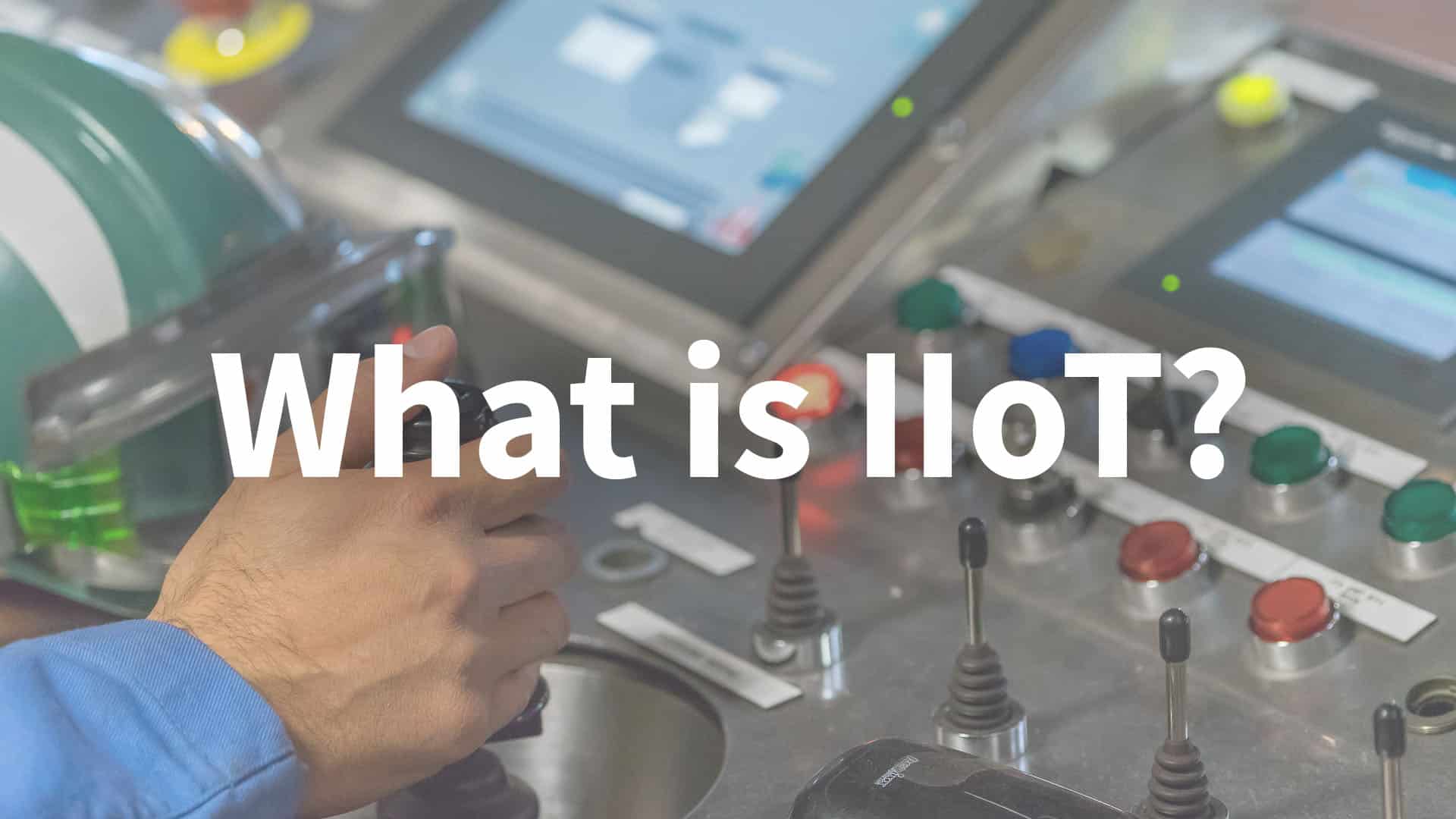The Industrial Internet of Things is Ripe for Innovation.
The Internet of Things (IoT) is a network of intelligent devices, computers and smart objects that collect and share data with a central Cloud based server. Once in the server, that data is aggregated and shared with end users in order to help workers, teachers, professionals and beyond better and more quickly solve everyday business challenges.
When this next generation technology is applied to industry, it is referred to as IIoT, or Industrial Internet of Things. When coupled with industry, IIoT can solve impressive use cases for businesses. To do this, however, companies rely on powerful devices within their organization that need to be secured and managed.
For this reason, in order to get the full benefit of their IIoT deployment, companies need an advanced endpoint management solution in place.
IIoT Extends Beyond Manufacturing
Use cases for IIoT can include those being leveraged by manufacturing. But IIoT also extends beyond that. IIoT solves everyday challenges in the areas of agriculture, city planning, and beyond. In farming, for example, IIoT can help farmers take better, more efficient care of crops. Soon, farmers could very likely take advantage of data in order to more accurately measure and monitor water/fertilizer for individual plants.
Challenges Facing IIoT
Although the number of possible use cases for IIoT to solve is expansive, several challenges exist before companies can leverage its many benefits. These challenges include:
- Poorly designed systems and implementations
- Scattered operating systems and protocols adding overcomplexity
- Lack of ability to manage, configure and maintain IIoT devices
- Inability to secure endpoint devices
- IIoT is so new and uncharted grounds
In fact, security is one of the chief problems facing IT in deploying an effective IoT strategy. What happens if a device is tampered with, damaged, or destroyed? How does IT ensure that it does not expose vital information?
When Combined with The Right Solution, IIoT Benefits Quickly Compound
Although there are certainly significant challenges facing any IIoT deployment, having an advanced OS and management solution can not only nullify these challenges but quickly cause benefits to greatly increase. These benefits include improved connectivity, efficiency, scalability, time savings, and cost savings.
In fact, companies are already benefiting from the Industry Internet of Things through cost savings stemming from: predictive maintenance, improved safety, and other operational efficiencies.
It also enables industrial organizations to break open data silos and connect all of their people, data, and processes. Meanwhile, business leaders can use IIoT data to get a full and accurate view of how their enterprise is doing. This allows leadership to make better and more informed decisions.
Time/Cost Savings and Security Benefits of IIoT Endpoint Management Solutions
Businesses can use NoTouch IoT, for example, to configure IoT device connections, protocols and data paths. IT can also securely manage and update IIoT gateway devices without having to actually be present at each and every endpoint. This means companies save countless hours traveling to and from remote locations and manually updating all endpoints in the organization.
Additionally, and because NoTouch IoT is also Linux-based, IT does not need to worry about sensitive information being compromised. In case of this event, IT leaders can rest assured that no confidential data is misappropriated.

